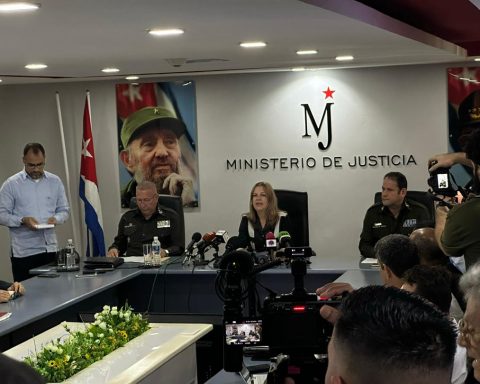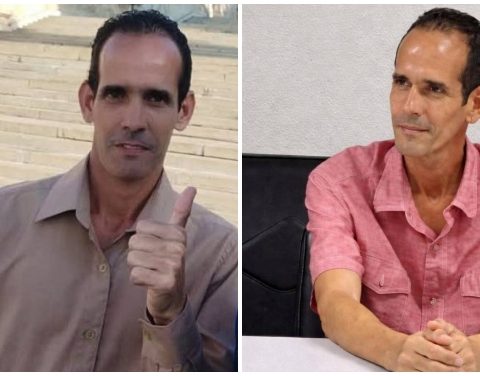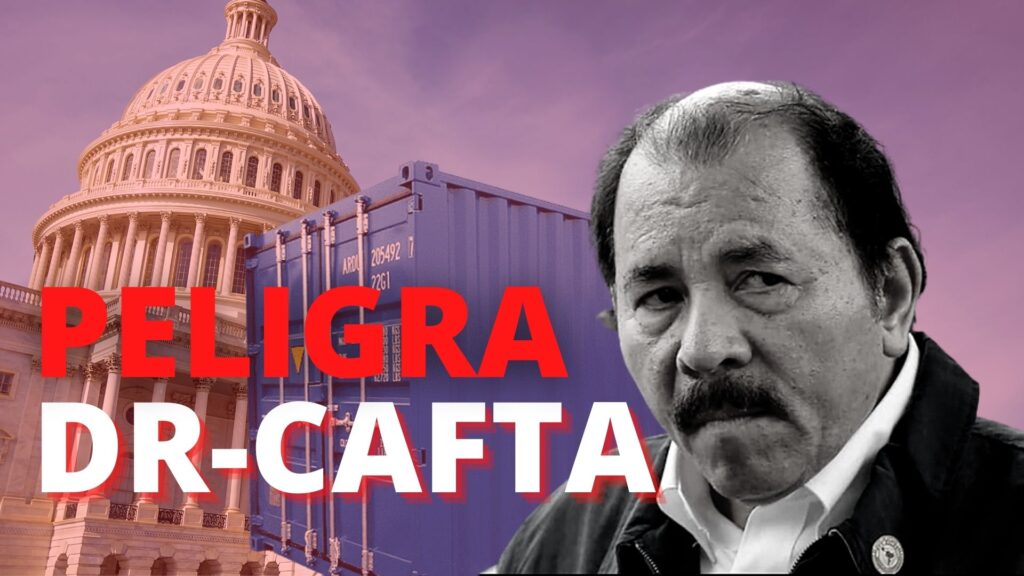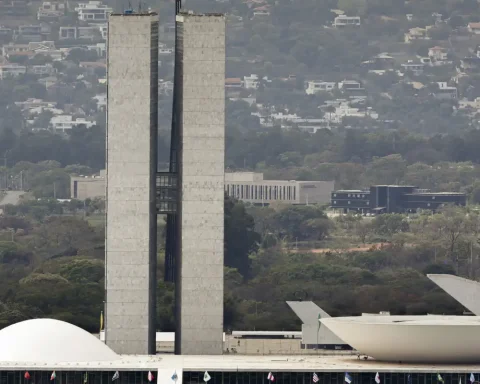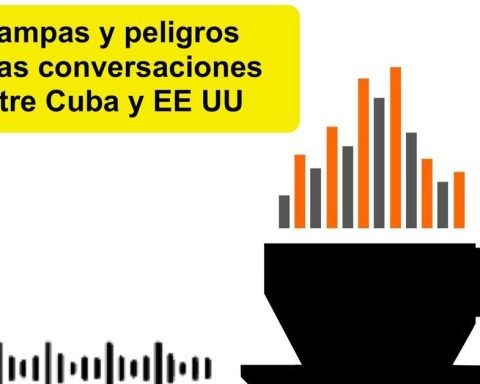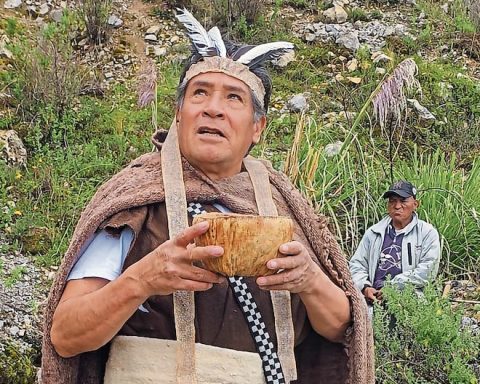The safe handling of hydrocarbons in refrigeration and air conditioning is not a second-hand matter, especially if one takes into account that hydrofluorocarbons (HFCs), due to the presence of fluorine, behave as greenhouse gases that contribute to global warming .
Thats why he announcement made public yesterday Friday on the official Citma site about a course for the safe handling of Hydrocarbons in Refrigeration and Air Conditioning should be interpreted as more than a simple warning.
It means another step by Cuba in the preservation of the environment and in the fight against global warming since HFCs, although they do not harm the ozone, do keep a lot of heat trapped in the atmosphere, thousands of times more than what carbon dioxide achieves. carbon (CO2) and to this is added that they can remain for a long time in that first layer that surrounds the planet.
That is why they are being replaced at a planetary level by hydrocarbons, which do not influence global warming, minimize damage to the ozone layer, thus behaving in an environmentally friendly manner.
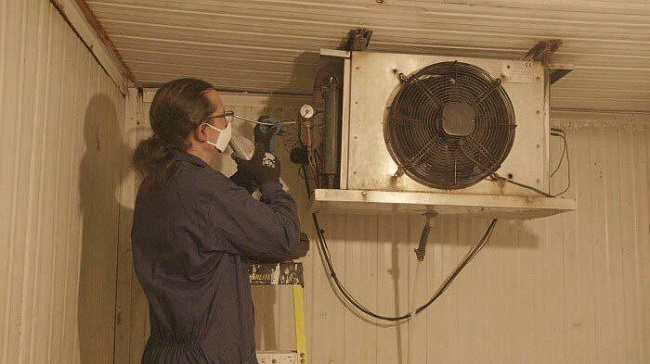
Photo: taken from citma.gob.cu
And the preparation announced by Citma, from March 21 to 25, will precisely train, in an initial phase, professors of the Good Practices in Refrigeration and Air Conditioning (RAC) courses, who, in turn, will train other technicians, mechanics and engineers from the RAC sector in the safe handling of Hydrocarbons.
The Ozone Technical Office of the Center for Information Management and Energy Development (CUBAENERGIA), together with the Ministry of Education and other agencies, will be in charge of said training, which is also extremely useful because several of the The equipment that Cuba sells has natural refrigerants such as hydrocarbons and technicians and mechanics are needed who are prepared to interact with said equipment.
To undertake these courses, specific laboratories will be designed and the first ones will be located in the Hermanos Gómez polytechnics, in Havana; Lázaro Cárdenas, from Villa Clara; Manuel Cañete Ramos, from Camagüey; and at the Universidad de Oriente, in Santiago de Cuba.
The aforementioned publication indicates that mechanics, technicians and all personnel who work in refrigeration with at least three years of experience may opt for these courses on the safe handling of Hydrocarbons. They can be directed to the Polytechnics of Refrigeration and the Territorial Delegations of the Ministry of Science, Technology and Environment (Citma).
Why natural refrigerants?
The first synthetic refrigerants appeared between 1928 and 1930 and they were welcomed with applause for being the substitutes for SO2 (sulfur dioxide) and CH3Cl (methyl chloride) which, being highly toxic, were used in refrigeration machines.
However, the joy was short-lived when it was found that, despite its good physical-chemical properties and its multiple uses -also in cleaning products, solvents and others-, it caused serious environmental damage.
So much so that the use of CFCs and HCFCs was gradually eliminated or reduced in compliance with the Montreal Protocol (1987-1989).
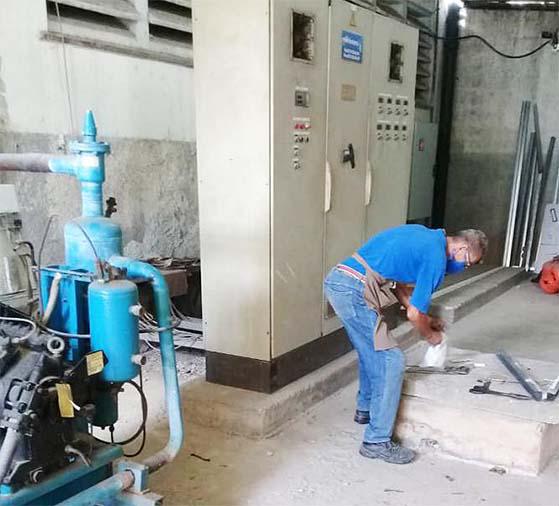
Photo: Oscar Hernandez
In the last decade of the 20th century, HFCs began to be produced, which, despite being synthetic refrigerants, do not contain chlorine, therefore they no longer affected the ozone layer, but they did continue to contribute to global warming.
Although HFCs are still used, their use has also been regulated by the Kyoto Protocol and the Kigali Amendment, in force as of the 1st. January 2019.
As a result of the search for safer refrigerants, organic HFO refrigerants were chosen, which began to be used for air conditioning in automobiles in 2013 and currently offer an opportunity to redesign air conditioning and refrigeration with the use of less energy, which that allows expanding energy efficiency in this sector, underlines Citma.
These climate-friendly and cheaper alternatives add to their advantages by enabling more effective cold chains, the same ones that producers, farmers and especially in these times the pharmaceutical industry need to preserve and transport the vaccines that require it.
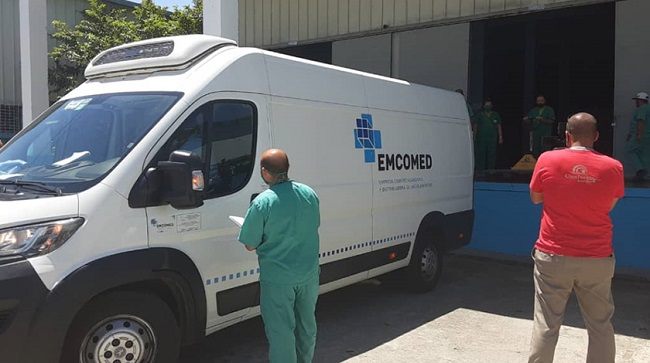
Photo: ACN
On the occasion of the celebration of the World Day for the Preservation of the Ozone Layer last year, Citma remembered that Cuba is a signatory to the Vienna Convention for the Protection of the Ozone Layer and the Montreal Protocol and the actions carried out by the Island “have allowed a drastic reduction of hydrofluorocarbons (HFCs), powerful greenhouse gases, promoting the use of alternatives with low global warming potential.
